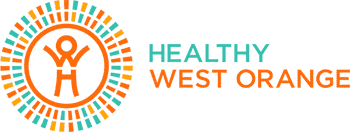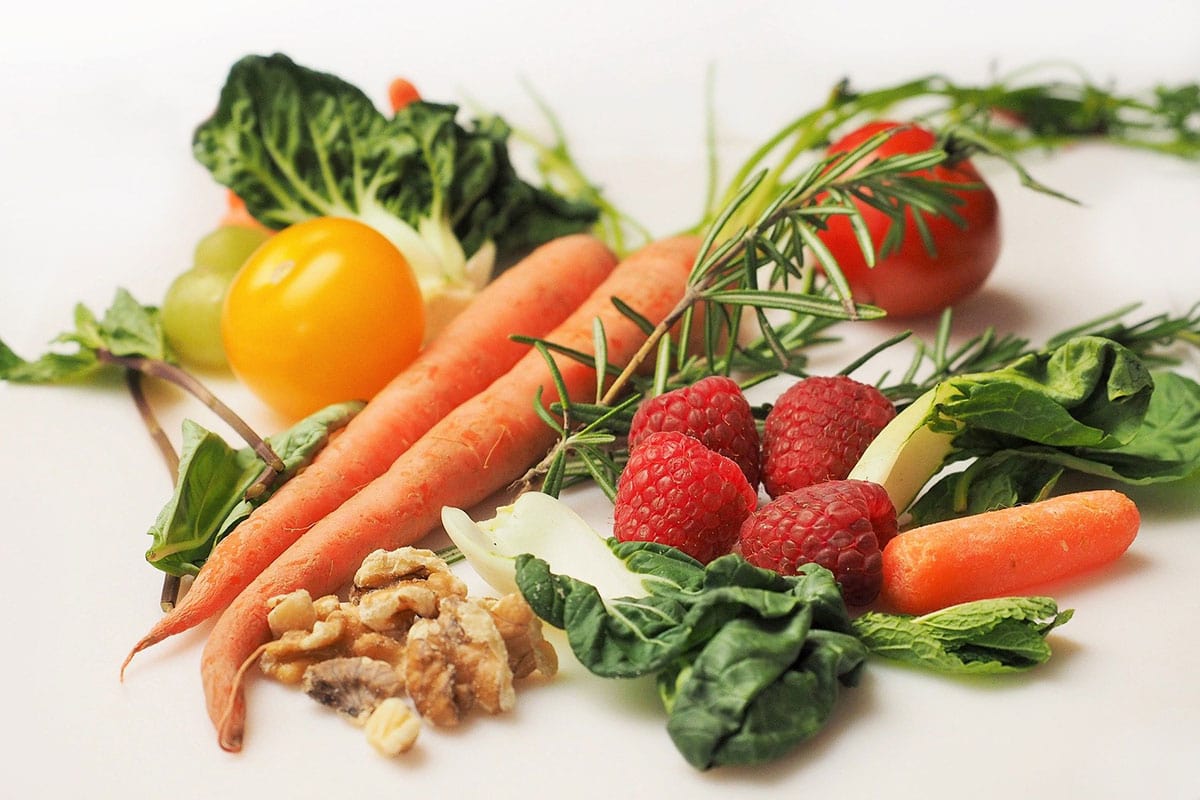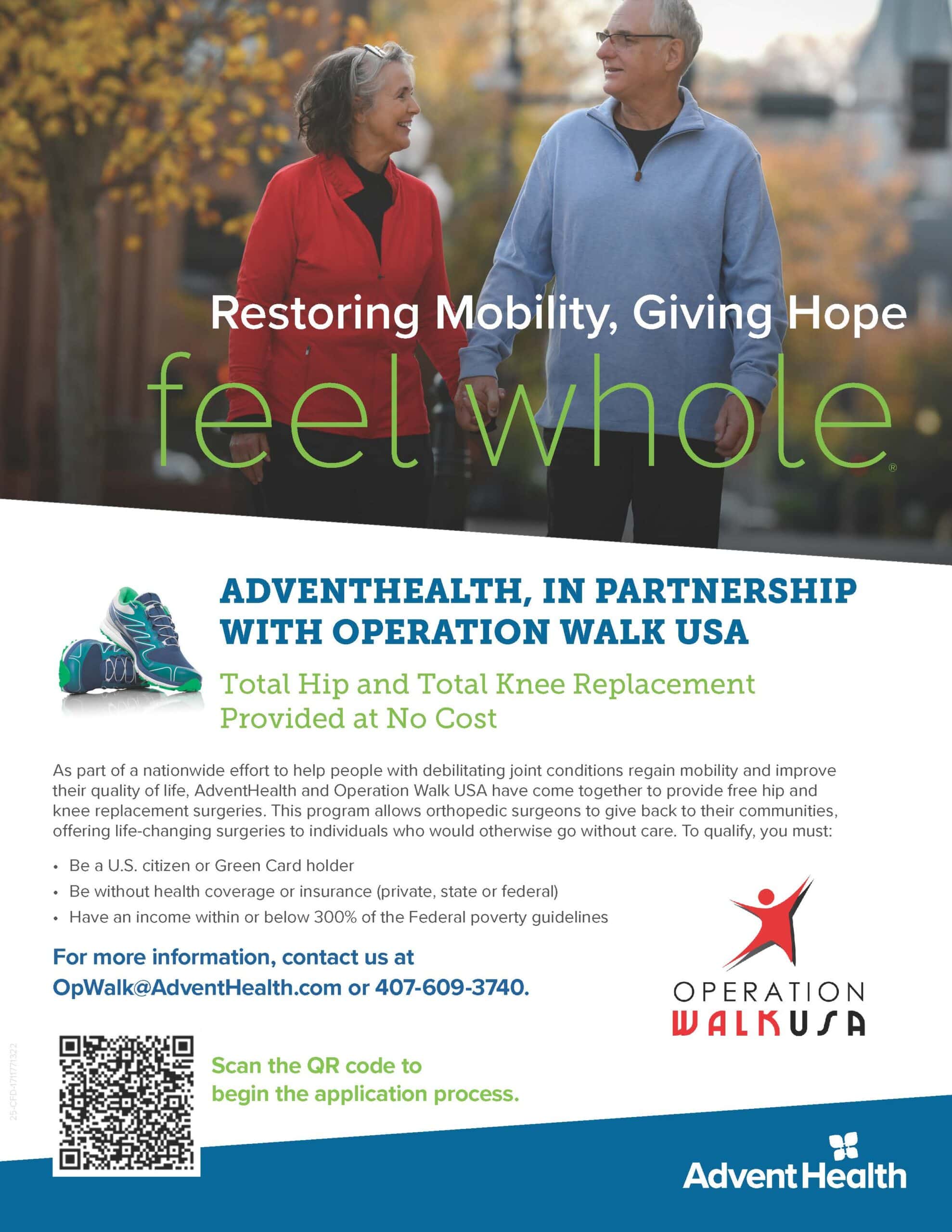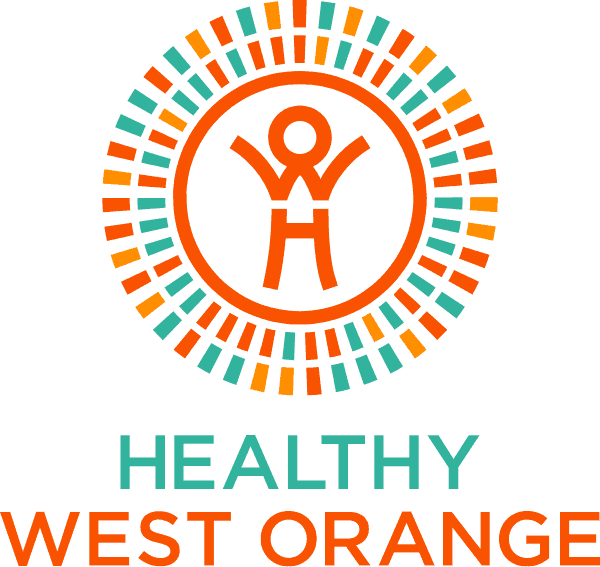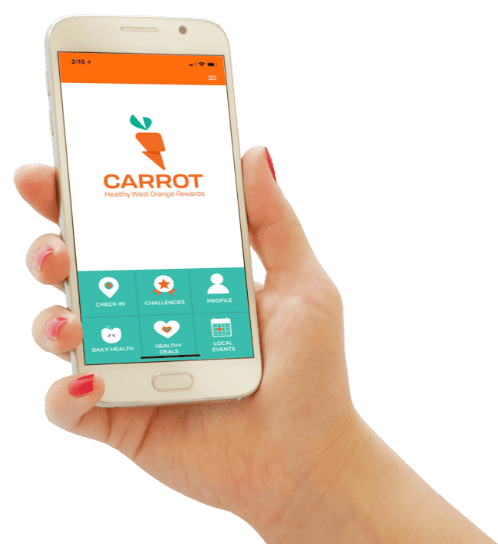Mood Boosting Foods
Jaclyn Rymer, NBC-HWC
National Board Certified Health and Wellness Coach
Feeling down? Good news, food can help! Food has the power to help or hurt your mood. It has the ability to transform your mood and energy levels in a sustainable way. The trick lies in not expecting to eat well once and experience immediate results, as if you drank a cup of coffee for a temporary pick me up. It involves an intentional lifestyle shift.
Have you heard of the gut-brain connection? The gut and the brain are connected and send messages that travel back and forth. Simply put, when your gut is unhealthy, your brain will be too, and vise a versa. Also, your gut contains more neurotransmitters than your brain, believe it or not! This means that those feel good hormones are made in your gut. Having a healthy gut means much more that eliminating bloating and stomach pains, it is connected to everything that happens in your body – so let’s start with food!
Food That Helps
Now that we understand how valuable food is to our overall health, let’s look at what you can do. Here are five mood boosting foods!
1. Salmon:
People who eat fatty fish, such as salmon, often see improvements in depressive symptoms, experiencing more positive moods. Salmon is an incredible source of Omega 3’s, which are a major building block of the brain. They play a powerful role in sharpening memory, improving mood, and protecting your brain against cognitive decline.
To fully reap these benefits, it’s recommended that we consume two 4oz servings of wild-caught Alaskan salmon each week: bake it in the oven, and toss it on a salad, serve it with steamed veggies, or mix it into some fried rice!
2. Wal(Nuts) and Pumpkin (Seeds):
Walnuts are also prized for their Omega-3’s. Again, Omega-3’s are essential for a good mood! Pumpkin seeds are rich in many micronutrients that are important for brain function, including copper, iron, magnesium and zinc.
Nuts and seeds both provide tryptophan, an amino acid that is responsible for producing serotonin, our happy hormone! Almonds, cashews and walnuts, as well as chia seeds, sesame, and sunflower seeds, are all excellent sources.
It is recommended that we eat one to two tablespoons of seeds per day, and 1.5oz of nuts a day (about 10 walnuts). Grab a small handful as a snack or toss them on a salad. *Fun Fact,* by adding healthy fats like nuts and seeds to your salad, you increase your nutrient absorption significantly!
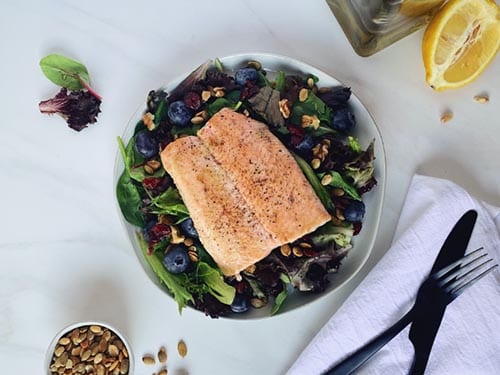



3. Blueberries:
Blueberries are packed with antioxidants that can help manage inflammation associated with depression and other mood disorders. They can also delay brain aging and improve your memory.
We need at least 7 servings of fruits and vegetables per day, so aim for at least one serving of berries in your day: snack on them, top your smoothie bowl with them, or throw them in your oatmeal for some sweetness!
4. Leafy Greens:
Spinach and other dark leafy greens contain magnesium, which can positively impact serotonin levels and boost your mood. We know that more than half of Americans are deficient in magnesium, and this has been linked to an increased risk of depression and anxiety.
We need at least 7 servings of fruits and veggies a day. Maybe you can add in one salad a day or try adding one serving of veggies at each meal or snack!
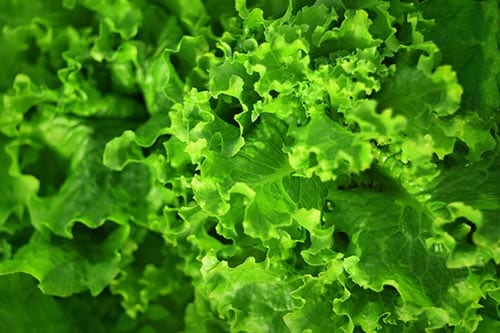
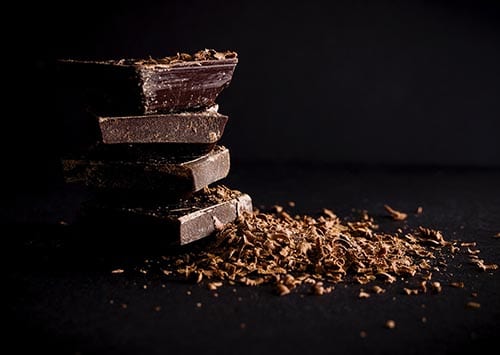
5. Dark Chocolate:
Surprise, the rumor is true! Dark Chocolate contains flavonoids which may help protect the brain. Studies have suggested that eating chocolate could boost both memory and mood. Just make sure you reach for at least 75-85% cacao to experience these wonderful benefits.
Moderation is key here since too much sugar is negatively associated with brain health: it is reasonable to indulge in one to two squares a day.
Food That Hurts
While many foods provide positive brain fuel, there are some that have the opposite effect. Diets that include excessive sugars, salty snacks, processed and fried foods have been associated with worsening symptoms of depression. While you focus on adding in some of those great foods above, here are some food-like products to keep an eye out for that could be sneaking into your diet and disrupting your brain health goals:
- Aspartame. Found in foods like diet soda, sugar-free foods, drink powders (check the labels). One of aspartame’s key components is phenylalanine. Too much phenylalanine decreases the production of tryptophan to serotonin. Serotonin is a mood stabilizer.
- Hydrogenated oils. Found in foods like crackers, cool whip, pancake mixes (check the labels). Hydrogenated oils contain Omega 6’s. We need a 4:1 or less ratio of omega 6’s to omega 3’ The average American ratio is more like 20:1. This imbalance contributes to inflammation, and the root cause of depression is inflammation.
- High Fructose Corn Syrup. Found in foods like ketchup, syrup, bbq sauce (there are better options out there, read the labels). Fructose can react chemically with tryptophan, the amino acid precursor for serotonin. The sugars can degrade tryptophan so that there isn’t as much available to be absorbed into the body.
Let’s Wrap it Up!
With these lists, you can feel empowered in your efforts to boost your mood, naturally and sustainably! There are so many things you can do to improve your brain health and boost your mood, and the reality is that when you focus on food, you also experience all of the other health benefits that come with eating whole, real foods!
No matter where you start, the important thing is that you do. Maybe you’ll add in one of these helpful foods, or eliminate one of the harmful ingredients, or maybe you’d benefit from partnering with a health coach in your healthy lifestyle goals! Where will you start?

About the Author
Jaclyn Rymer is a National Board Certified Health and Wellness Coach (NBC-HWC) who believes that a healthy lifestyle is a joyful and balanced one. Her personal experiences and professional education have led her to be truly passionate about helping her clients achieve sustainability and harmony in their own whole person wellness journeys. Jaclyn teams up with each client to brainstorm, plan and strategically implement small changes that have a significant impact on physical biomarkers of health, mental/emotional wellbeing, and on overall feelings of vitality.
Jaclyn is a Winter Garden resident and has dual Bachelor of Science Degrees (Hospitality Management and Restaurant and Foodservice Management). She is also a dual Certified Health Coach with certifications in all ages and life stages. She brings her background in serving others in the culinary industry and her experience as an elite athlete and coach into the health coaching relationship as she shares her passion for natural foods and healthy living with her clients. She refuels by spending time with her husband, getting creative in the kitchen, and finding joy filled ways to move her body.
Share this Post
you might also like
Small changes can make a big difference to your health. Try incorporating at least six of the eight goals below into your diet.
